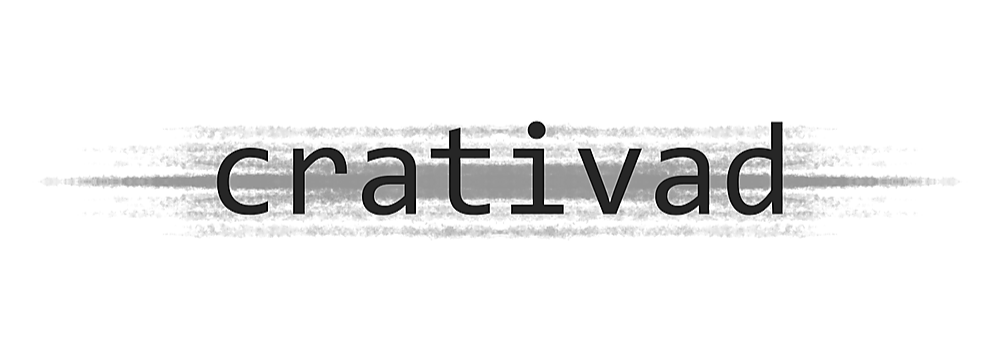Self-Discovery: The Foundation of One’s Early Career
The world is changing rapidly, especially with advances in technology—shaping not only how we live, but also how we work and connect with each other. Our way of life today is vastly different from that of generations before us, and young people are feeling the weight of it.
More often than we admit, young people or graduates experience demotivation—some even face burnout within just months or years of starting their professional careers.
In facing these challenges, two things become essential: understanding what the early career stage really means, as well as going through the process of self-discovery.
Captured by the author.
The Mess In Mind
Let's first talk about the cause-and-effect. The reasons for this may include their struggle to find a job due to not meeting the required criteria—possibly little to no experience, a low salary offered (not worth it given their high level of education), or ending up in a role completely unrelated to what they studied.
It's only natural for them to feel demotivated, even burnout—feeling lost, empty, and losing hope. After all those years of giving it all, now hoping to make ends meet, only to be let down by the 'system.'
And the worst of all: regret. They begin to wonder—did I make the wrong choice? Did I waste my time?
What To Know About An Early Career Phase
Moving on to the next one—early career. What do we know about it, how much do we understand about this matter, and what we (young people and graduates) should expect when entering the workforce.
An early career refers to the starting phase—a period in one's career, still with little to no experience. In other words, it's a "to build experience and gain insight" period in your professional career journey.
The way I see it, one thing we need to bear in mind, is that this phase is the start of everything, not our final destination. You're still learning—just outside of your academic setting. Expect disappointment, failures, and setbacks in the way you do things, communicate with your colleagues, as well as pressure from the work environment itself.
The early stage isn't about proving—it's about discovering, and that's where self-discovery starts to matter.
Self-Discovery
Discovering oneself is a continuous walk along an uncertain path.
When people talk about self-discovery, what usually comes to your mind? People's understanding might differ, but it often revolves around exploration and awareness.
To put it simply, both self-exploration and self-awareness focus on the process of knowing and understanding oneself—feeling, aspects like thoughts, values, action, and more. Some people do this by journaling, revisiting childhood passion, or finally trying something they've always wanted to do.
Self-discovery—through exploration and awareness—has always felt, to me, like the quiet backbone of any meaningful path. I've come to see that the early stage of any career is less about arrival and more about alignment.
When we understand ourselves, we (technically) begin to grasp how our mind and body work—indirectly improving all life aspects, including work—helps choose better paths, recover from setbacks, and work with more clarity.
Have you ever wondered, how you were supposed to live your life? Is it about purpose—things you need to do to get your life in order, or passion—things that certainly will give you joy?
Maybe it's not about choosing between the two, but rather about noticing where the two meet.
In short, the early stage of any journey isn’t a test to pass, but an invitation to meet yourself.
If you're in that space—unsure, quiet, or searching—trust that you're not behind. You're just beginning where it matters most.
Life certainly is a test itself, full of uncertainties; you could be wondering about the point of all this, the directions you need to go, and even the hardships of finding your true self.
People can talk, give advice—in the end, it's up to you to decide.
No matter what you’re doing, put God first, do it well, and keep going.

